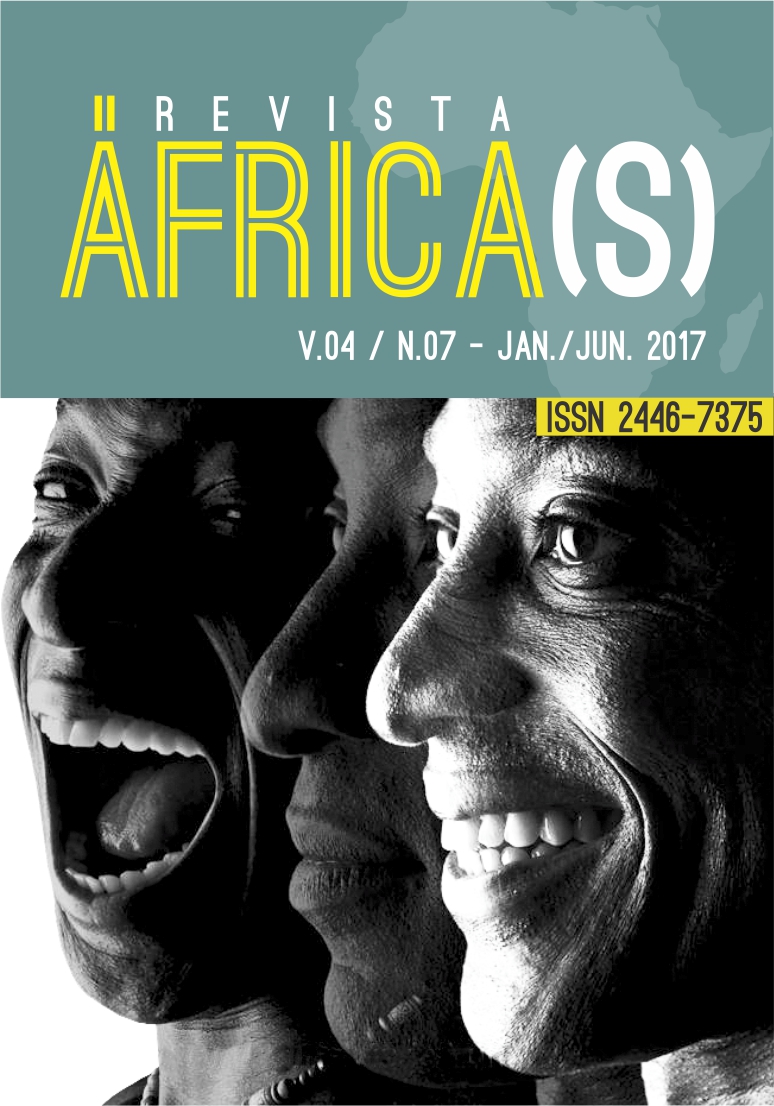Soft Power and South African Film: negotiating mutually incompatible agendas?
Palavras-chave:
Soft Power, South Africa, Film, Nollywood, BRICSResumo
This article offers the first analysis of the role of film as a soft power asset In South Africa. It examines ways in which the policy priorities of the South African government have, until recently, seemed to work against the nation’s strategic aim to use film as a tool to leverage soft power in order to gain political influence across Africa, as well as to maximise the economic potential of globalisation. The South African film economy is booming. Cape Town, in particular, has become a key production centre globally. International productions are attracted to the country by the versatility of its locations, its weather and its low cost, high quality, facilities. This has provided great employment opportunities for local production staff. However, it has done very little to support the development of local creative talent. Thus, unlike, for example, Nollywood, which supports the entire ‘value chain’ of production and which is allowing creative and technical expertise to develop in tandem, the success of the South African production infrastructure is to the detriment of its South African filmmakers. In this article I investigate the extent to which the government’s economic imperative to develop the industry is working against its soft power aim to project South African stories both locally and internationally, and with it, the national ‘strategic narrative’, considered to be one of the country’s prime soft power assets. I then go on to suggest that the landscape would currently seem to be changing as a new generation of South African filmmakers are starting to gain groundDownloads
Não há dados estatísticos.
Downloads
Edição
Seção
Artigos
Licença
O encaminhamento dos textos para a revista implica a autorização para a publicação.
A aceitação para a publicação implica na cessão de direitos de primeira publicação para a revista.
Os direitos autorais permanecem com os autores após a publicação na Revista África(s).
Os autores dos textos assumem que são autores de todo o conteúdo fornecido na submissão e que possuem autorização para uso de conteúdo protegido por direitos autorais reproduzido em sua submissão.





